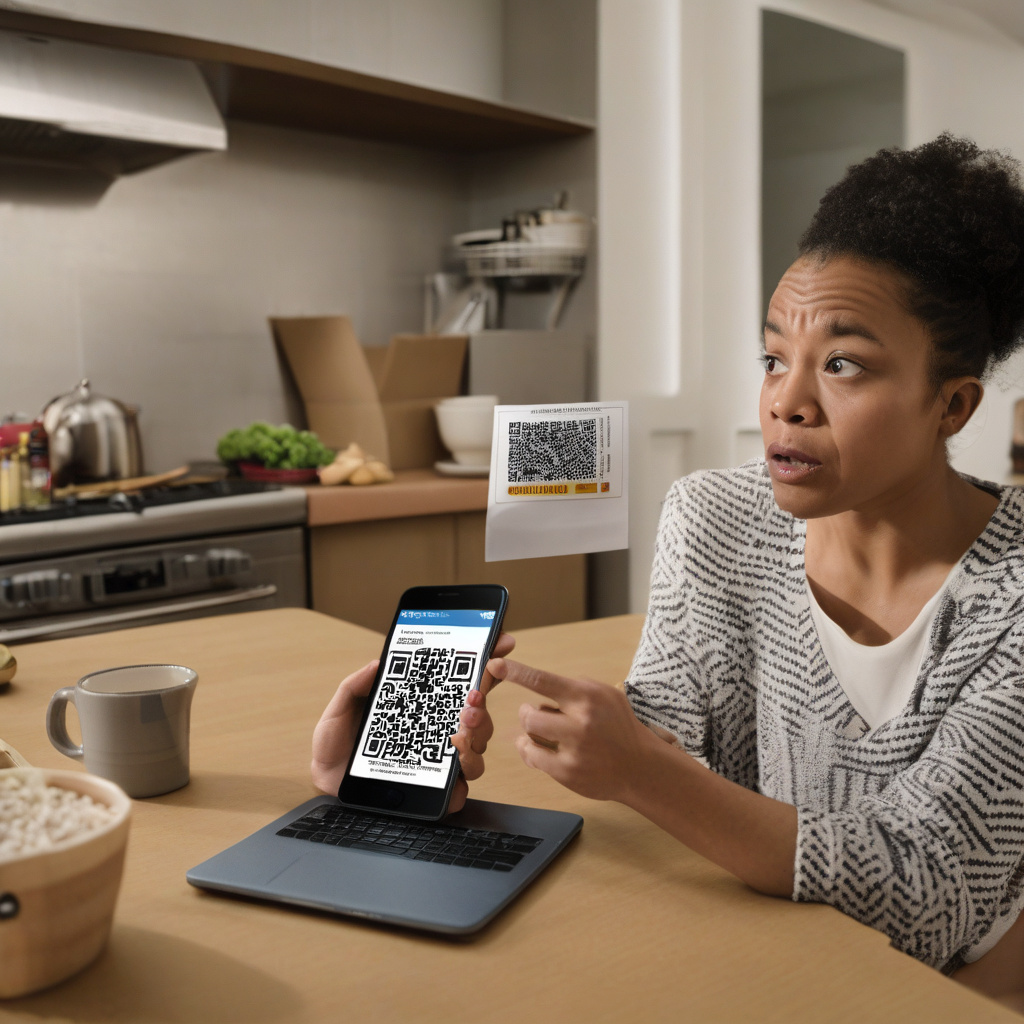Beware of Scanning QR Codes on Unsolicited Packages: FBI Issues Warning
In the age of digital innovation, convenience often comes hand in hand with potential risks. The Federal Bureau of Investigation (FBI) has recently issued a warning regarding a new tactic employed by criminals to exploit unsuspecting individuals: placing QR codes on unsolicited packages. This method aims to entice recipients into scanning the codes, leading them to unknowingly share sensitive data or download malicious software onto their devices.
The use of QR codes, originally designed for quick access to information with a simple scan, has been increasingly popularized in various industries for marketing, ticketing, and contactless payment purposes. However, with this newfound tactic of placing QR codes on unsolicited packages, criminals have found a new way to target individuals who may be unaware of the potential risks associated with scanning these codes.
By appealing to curiosity or offering enticing deals, these malicious actors aim to dupe recipients into scanning the QR codes, which can then redirect them to phishing websites or prompt the download of malware onto their devices. Once this unauthorized access is granted, sensitive personal information such as passwords, financial data, or other confidential details may be compromised, leading to potential identity theft, financial loss, or other cyber threats.
To avoid falling victim to such schemes, it is crucial for individuals to exercise caution when receiving unsolicited packages, especially those bearing QR codes. The FBI advises the public to refrain from scanning any QR codes from unknown or unverified sources, as these codes may harbor hidden dangers that could jeopardize personal security and privacy.
In light of this emerging threat, it is essential for recipients to verify the legitimacy of any package or communication received, especially if it prompts the scanning of QR codes. Checking the sender’s details, verifying the contents of the package, and confirming the authenticity of any accompanying instructions are vital steps in mitigating the risks associated with potential scams or cyber attacks.
Furthermore, maintaining up-to-date security software on devices, exercising discretion when sharing personal information online, and being vigilant against unsolicited communications are key practices in safeguarding against evolving cyber threats. By staying informed and proactive in adopting secure digital habits, individuals can better protect themselves from falling prey to malicious schemes such as QR code scams.
In conclusion, the FBI’s warning regarding the scanning of QR codes on unsolicited packages serves as a timely reminder of the importance of cybersecurity awareness in today’s digital landscape. By remaining cautious, informed, and proactive in safeguarding personal information, individuals can reduce the likelihood of falling victim to cybercriminals’ tactics and protect themselves from potential harm.
cybersecurity, QRcodes, FBIwarning, digitalthreats, protectyourself












